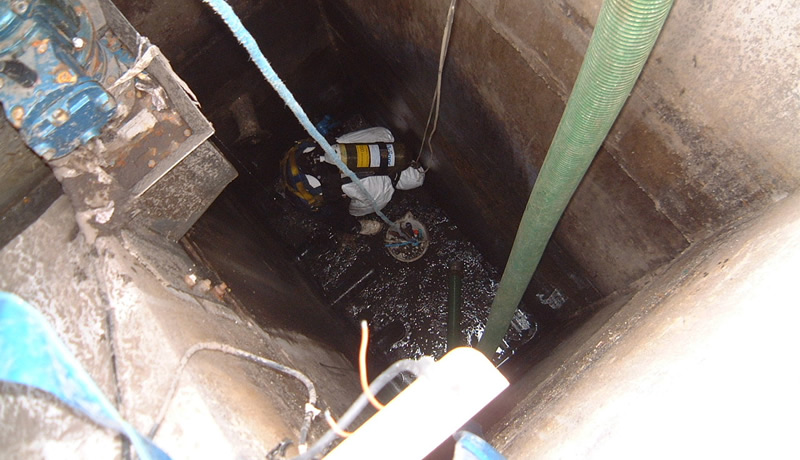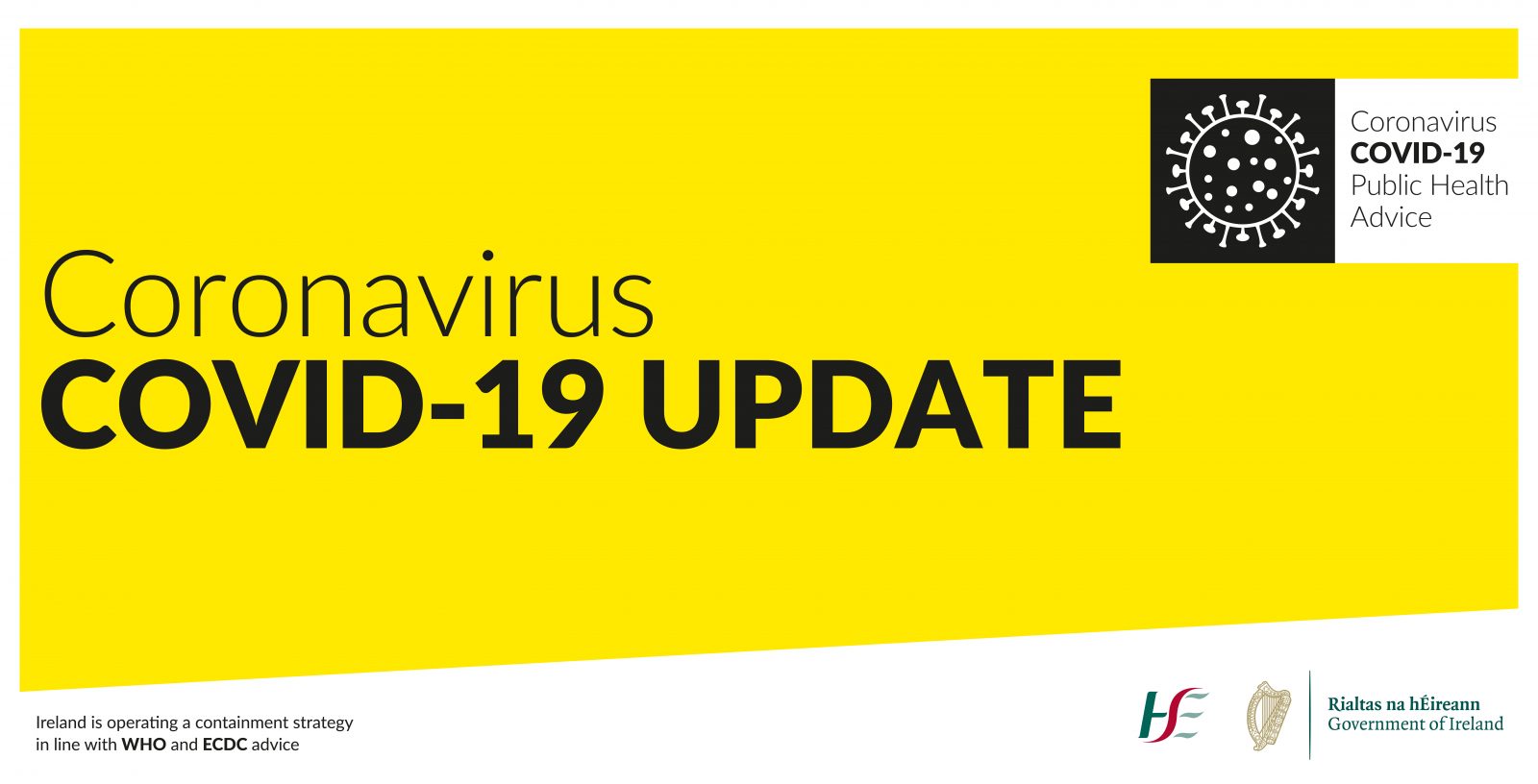Interceptor Cleaning & Maintenance Solutions
Lehane Environmental can provide legal on-site treatment of your interceptor waste using state of the art equipment. The unit is fully computer controlled with on line analysers which shut the unit down in the event of failed discharge levels. Operation Reports are printed out on-site and a copy is given to the Client.
We can also provide for the groupage collection and disposal of Interceptor Waste or bulk collection of large interceptor volumes using our combination articulated suction units (27,000 litre capacity). So whatever your requirements are, Lehane Environmental has the cost effective option for the emptying of your Interceptor.

The legal requirements for service stations are contained in the Dangerous Substances (Flammable Liquids & Fuels Retail Stores) Regulations 2019 (SI 630/2019) and the new Dangerous Substances (Flammable Liquids and Fuels Distribution and Commercial Supply Stores) Regulations 2019 (SI 631/2019). These regulations repeal and replace two sets of regulations from the 1970s. The regulations control the licensing of petrol filling stations and private stores and lay down requirements for the provision and maintenance of oil interceptors to prevent the escape of petroleum to the environment. Under the regulations, the HSA can issue improvement or prohibition notices for non-compliance with risk assessment and license conditions.
The regulations require the periodic recording of the tank contents for all underground storage tanks, for the purpose of precautions against the risk of leakage of petrol, where:
- the soundness or integrity of a tank is suspect, or
- the tank has been installed for over 20 years, or
- it is specified as a license condition, or
- it is required by a Licensing Authority Notice
The Health & Safety Authority (HSA) have a sample Emergency Response Plan (ERP) compiled to illustrate the requirements, procedures and legal obligations for petrol stations.
SEE ALSO: Physio-Chemical Treatment (Mobile).









